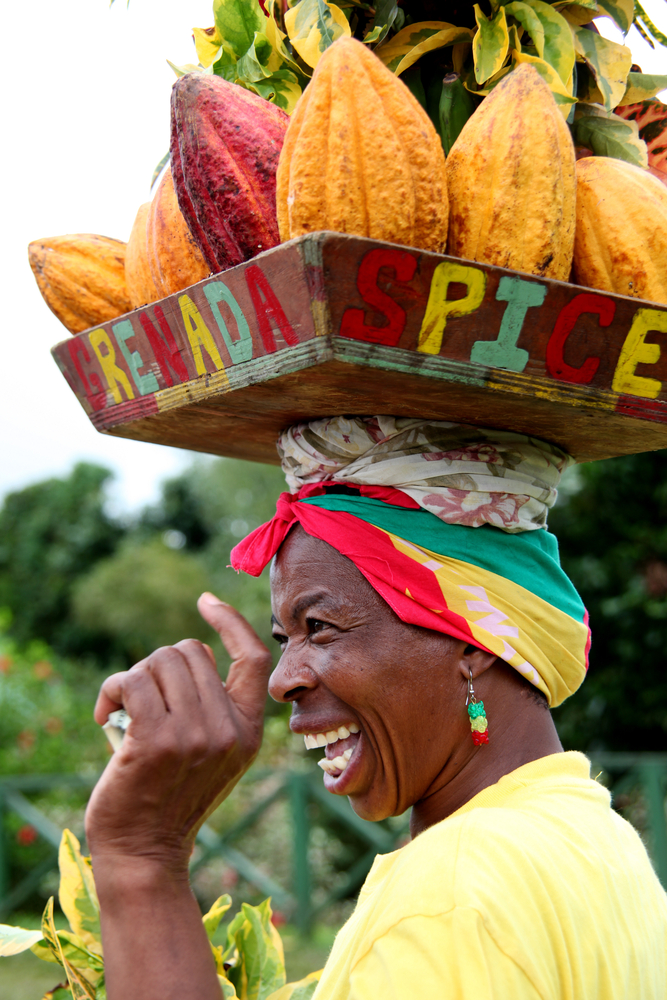Share
Beyond Sun, Sand, and Sea: Diversifying Caribbean Tourism Offerings

For decades, Caribbean tourism has been synonymous with pristine beaches, turquoise waters, and all-inclusive resorts. While these assets remain valuable, the region faces increasing competition from emerging beach destinations worldwide, along with growing challenges from climate change and shifting traveler preferences. At Leve Global, our extensive work across the Caribbean has shown that diversification isn’t just a strategy for growth—it’s essential for resilience and sustainability.
The Limitations of Traditional Caribbean Tourism
The traditional “sun, sand, and sea” model has served the Caribbean well in many respects, creating jobs and driving economic growth. However, this approach has significant limitations:
- Seasonal vulnerability: Beach tourism is highly seasonal in many destinations, creating boom-and-bust cycles for local economies
- Climate vulnerability: Coastal tourism assets face increasing threats from sea-level rise, coral bleaching, and intensifying storms
- Economic leakage: All-inclusive models often result in significant economic leakage, with limited benefits flowing to local communities
- Commoditization: When destinations compete primarily on beaches, they risk becoming interchangeable in travelers’ minds
Our work developing the Caribbean Regional Sustainable Tourism Strategy for 15 CARIFORUM nations addressed these challenges head-on, crafting over 100 strategic initiatives to diversify tourism offerings while building resilience and community benefits.
Successful Diversification Strategies
- Cultural Heritage as a Tourism Asset
The Caribbean’s rich cultural heritage offers tremendous potential for tourism diversification. In Montserrat, our “Ash to Cash” strategy transformed Plymouth—the only buried city in the Caribbean—into a unique heritage tourism experience that differentiates the island from its beach-focused neighbors.
This approach not only creates compelling visitor experiences but preserves cultural heritage that might otherwise be lost. By celebrating local traditions, cuisine, music, and history, destinations can create authentic experiences that resist commoditization.
- Nature-Based Tourism Beyond the Beach
The Caribbean’s natural assets extend far beyond its coastlines. Our work in Dominica, the “Nature Island,” showcases how rainforests, volcanic features, and biodiversity can become primary tourism draws rather than secondary attractions.
By developing experiences like hiking trails, bird watching circuits, and wellness retreats centered on natural hot springs, destinations can attract visitors year-round while reducing pressure on fragile coastal ecosystems.
- Community-Based Tourism
Some of the most innovative diversification efforts center on community-based tourism that invites visitors to engage meaningfully with local life. In Saint Lucia, our “Wild South East Coast” Responsible Tourism Strategy created opportunities for visitors to experience authentic community life, from fishing villages to agricultural communities.
These experiences not only diversify tourism offerings but ensure that benefits flow directly to local communities, addressing the economic leakage common in traditional tourism models.
- Creative and Culinary Tourism
The Caribbean’s vibrant creative and culinary traditions offer rich opportunities for tourism diversification. Our work with various islands has included developing food trails, culinary festivals, and artisan routes that showcase local creativity while creating economic opportunities for small producers.
These initiatives transform everyday aspects of Caribbean life into valuable tourism assets while preserving cultural traditions and supporting local entrepreneurs.
- Digital Experiences and Virtual Tourism
Our development of the “Exceptional Caribbean” digital platform demonstrates how technology can extend and enhance Caribbean tourism offerings. This immersive platform captures the soul of the Caribbean through stunning visuals and engaging content, allowing potential visitors to connect with the region before and after their physical visits.
In an increasingly digital world, these virtual extensions of the tourism experience are becoming essential components of a diversified tourism strategy.
Case Study: Saint Vincent and the Grenadines Sustainable Tourism Development
The Future of Caribbean Tourism Diversification
Looking ahead, several emerging trends will shape the continued diversification of Caribbean tourism:
Wellness Tourism
The global wellness tourism market is growing rapidly, and the Caribbean’s natural healing traditions, thermal features, and tranquil settings position it perfectly to capture this market. Our work in wellness tourism development suggests this sector will be a major growth area for Caribbean diversification.
Digital Nomad and Extended Stay Markets
The rise of remote work has created new opportunities for Caribbean destinations to attract long-stay visitors who seek more than beach relaxation. Destinations that develop the infrastructure and experiences to support these visitors can reduce seasonality while creating deeper economic impacts.
Educational Tourism
From marine biology to cultural heritage, the Caribbean offers rich opportunities for educational tourism that combines learning with experience. Programs that connect visitors with local experts and traditional knowledge holders can create high-value tourism experiences while preserving and celebrating local wisdom.
Climate Tourism
As climate change awareness grows, destinations that showcase innovative adaptation and mitigation efforts can attract visitors interested in experiencing these solutions firsthand. Our work in climate resilience suggests that sustainability initiatives themselves can become tourism assets.
Conclusion
The future of Caribbean tourism lies not in abandoning the region’s famous beaches but in complementing them with diverse experiences that showcase the full richness of Caribbean nature, culture, and community life. By moving beyond the limitations of the “sun, sand, and sea” model, destinations can create more resilient economies, more authentic visitor experiences, and more inclusive development that truly benefits local communities.
At Leve Global, we remain committed to helping Caribbean destinations discover and develop their unique assets, creating tourism offerings that elevate economies while empowering the communities that make the Caribbean truly exceptional.
We would love to hear from you. Engage with us. Leave a comment below.
About the Author:
Kevon Wilson
Senior Analyst
Leve Global

Kevon Wilson, is a premier researcher and strategist. He has more than 16 years’ experience in research and digital marketing.
He is co-author of many of Leve Global’s research publications such as Big Data – Delivering the Big Picture to Drive Competitiveness, Everything You Need to Know About Internet Marketing, and The Top Ten Emerging Markets.
